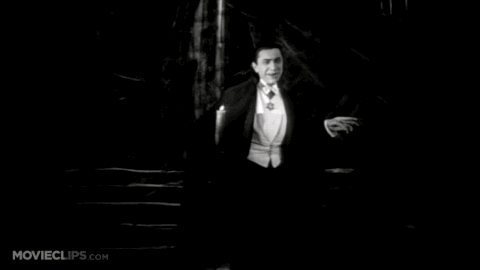
2017 read

The carefully honed legend of Vlad Dracula grew even sharper, and its reach extended to the hearts of the enemies. 3.75 ⭐
Initial Thoughts
The world always craves more vampire novels, not those sparkly Twilight ones, but the bloodthirsty killers of old. Dan Simmons is a wonderful writer, and I've been a huge fan since reading Summer of Night, The Terror, and the astonishing Hyperion. After enjoying his debut horror novel Song of Kali, it was time for Children of the Night. This one won Simmons the 1993 Locus award for best horror, setting my expectations high.
The Story
This book offers a unique take on vampires, revolving around a rare blood disorder. It begins in post-communist Romania, where an American foreign aid party witnesses the horrors in hospitals, especially for orphaned babies with AIDS. The story then jumps to Kate Neuman, an American hematologist, who becomes enamored with a sickly infant and tries to get him to the States with the help of priest Mike O'Rourke.
The Writing
Simmons is a fantastic writer. The book starts strongly, with great descriptions of the towns and villages. The flashbacks to Vlad Tepes are the best parts, brutally disturbing and beautifully written. However, there are some negatives. There's a lot of complex technical discussion about blood diseases, which might turn off some readers. Also, the book seems to be in two parts. The first half is great, but the second half becomes like a Hollywood action movie with a forced romance, and the story suffers.
The Characters
The main issue with this book is the characters. Simmons' reimagining of Vlad Tepes is well done, but that's about it. The main character, Kate Neuman, starts well but morphs into an action hero who's hard to believe. Michael O'Rourke also starts well but drops off due to a forced romance.
Final Thoughts
I love Dan Simmons, but Children of the Night was mediocre. It started great with a fascinating scientific explanation for vampires, but the narrative unraveled in the second half. After loving Summer of Night, this was a bit of a disappointment, but it was still worth a read for the interesting take on the science behind vampires. I hope to see this continued with a more composed narrative.
And on that note, thanks for reading and...cheers!

Dan Simmons
Eto meni se ovo nije svidjelo. I was really disappointed with this. I had expected a more interesting plot. The beginning, when they entered Romania, was both interesting and thrilling. One could imagine the situation of the people there. However, then everything just fizzled out and became dull. There was nothing special at all.
It seems like the story had a lot of potential at the start, but it failed to maintain that excitement and momentum. Maybe the author could have developed the characters more or added some unexpected twists and turns to make it more engaging. As it is now, it just feels like a wasted opportunity.
I hope that in the future, the author will put more effort into creating a more captivating and memorable story. There is definitely room for improvement, and I look forward to seeing what they come up with next.
Making such a constant effort to ground vampirism into contemporary plausibility truly sucked the life out of this story. And that pun was very much intended. Vampires have long been a source of fascination and mystery in literature and folklore. However, when writers try too hard to make them fit into the modern world in a believable way, something often gets lost. The allure of vampires lies in their otherworldliness, their ability to exist outside the boundaries of our everyday reality. By forcing them into a contemporary context and trying to explain away their supernatural powers and behaviors, the magic and intrigue that make them so captivating in the first place are diminished. It's as if the very essence of what makes a vampire a vampire is being drained away.